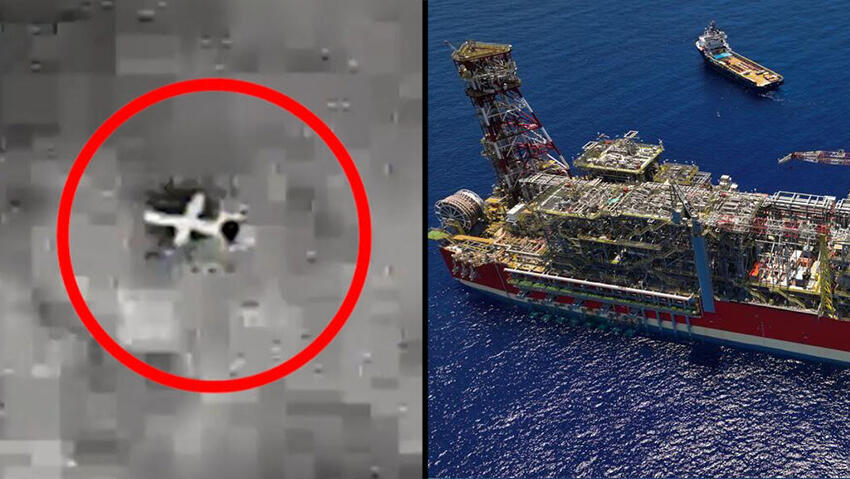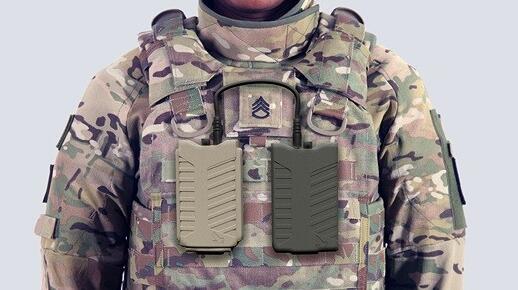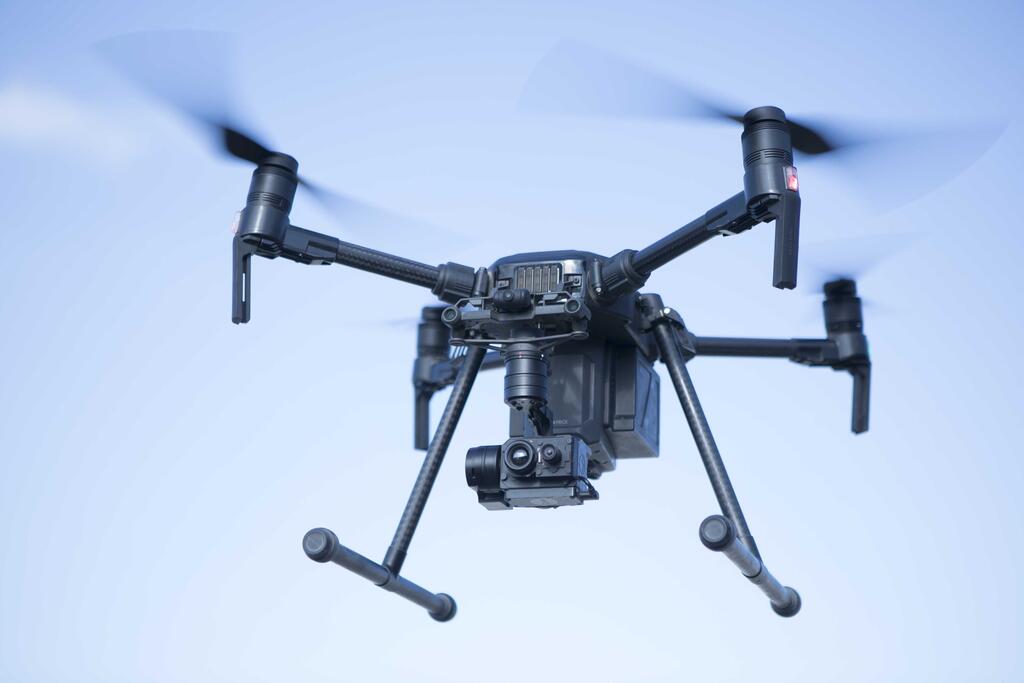The drone attack on Israel's Karish gas field by the Lebanese Hezbollah terror group over the weekend proved once again that UAV incursions are a growing concern for the Israeli defense forces. But, experts in the industry believe there are readily available solutions that can counter the threat.
The Israeli military intercepted three Hezbollah drones Saturday evening as they were making their way from Lebanon to the gas field, over which the countries have been locked in a protracted maritime border dispute.
4 View gallery


Three drones sent in the direction of Karish gas filed
(Photo: The IDF Spokesperson's Unit; Energyone)
According to the IDF, the drones flew at low altitudes and some at low speeds and no sub-explosions were caused after they were shot down by an Israeli Air Force fighter jet and an Israeli Navy corvette, indicating they were not carrying any explosives.
The Iran-backed Hezbollah terror group claimed responsibility for the incident, saying, "The mission was completed, and our message was received."
Saturday’s incident is just one of several such drone incursions along Israel’s northern border in recent months.
Itzik Huber, CEO of Skylock Systems, part of the Avnon HLS Group, said that Israel is growing increasingly concerned by the prevalence of drone incursions, with small UAVs in particular, becoming increasingly difficult to detect.
“One small drone can carry up to 1.5 to 2 kilos of explosives,” Huber said. “It won’t do big damage but it will prove capabilities and embarrass the other side.”
Based in Israel, Skylock Systems specializes in the design and production of technologies for the detection, verification and neutralization of unauthorized drones. The company’s technology has been deployed in 31 countries.
According to Huber, Israel needs to adapt the existing missile defense systems in order to effectively counter drones, rather than relying on expensive Iron Dome interceptors. Because such small aircraft have become so readily available, the issue is only going to get more pressing as time goes by.
Special systems uniquely geared towards drones are equipped with optical sensors that can identify the type of unmanned aerial vehicle being flown, what kind of payload it is carrying and more.
“Drones require special equipment and special solutions because they are small and normal radar [systems] will not see them; they are not a classic aerial target,” he asserted. “You can jam the communications; you can shoot an active drone to attack the other drone. Skylock, along with other Israeli companies, have very good solutions for that problem.”
Other industry leaders also pointed to the difficulties of detecting and mitigating drone incursions.
Lior Segal, CEO of ThirdEye Systems, said that a laser defense system like the one the IDF is currently developing could be a good way to defend against a small drone, but noted that the technology is still a few years away from practical applications. For this reason, he believes the IDF should resort to more traditional anti-aircraft methods.
“The fact that it’s flying slowly makes it excellent shooting practice for ground units,” Segal said. “I think maybe going back technology-wise in the short term is the sort of solution that they should seek. Using such optical systems like [the one] we have would actually provide these units with the flexibility locally to give the right sort of answer locally.”
ThirdEye Systems specializes in AI-powered object recognition algorithms and its products are currently being used by the IDF as well as other leading defense bodies around the world. Its electro-optical detection system is used mainly against small drones.
Like Huber, Segal pointed to jamming the aircraft’s frequencies as a possible solution in addition.
“It’s more of a psychological weapon,” Segal said. “The fact that there were alarms in the north is always something that plays into [Hezbollah’s] hands. On the other hand, it does have a real advantage in terms of reconnaissance.
“Nobody wants to see a drone flying above their house every day that’s being operated by a terror organization,” he said.




